Part 2 of a series
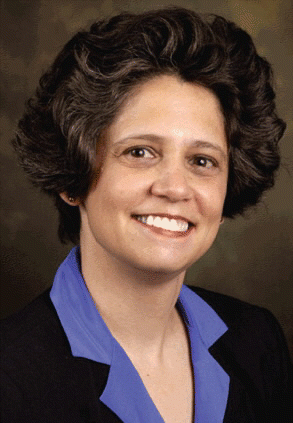
Otolaryngology Residents Support Modules that Help Teach Endoscopy Skills
Residents appear to appreciate and value a multimodality teaching module aimed at developing and improving airway endoscopy skills, researchers reported at the 88th annual meeting of the American Broncho-Esophagological Association at the Combined Otolaryngology Spring Meeting.
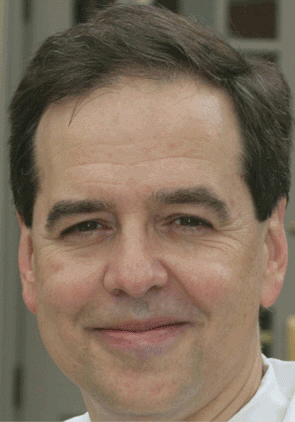
CROS and Baha-Which Type of Hearing Assistance Is Better?
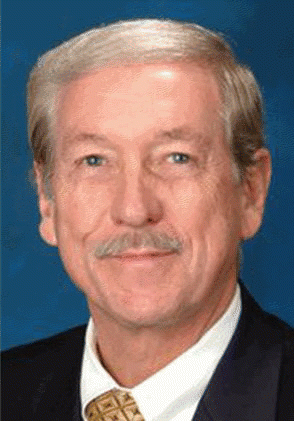
Laryngeal Reinnervation for Unilateral Vocal Fold Paralysis: Are We Ready
Roger L. Crumley, MD, MBA, Professor and former Chair of the Department of Otolaryngology-Head and Neck Surgery at the University of California, Irvine School of Medicine, and current President of the American Laryngological Association, has no doubts about the advantages of laryngeal reinnervation over other treatments for unilateral vocal cord paralysis.

Prevention Is the Key in Developing Physician-Industry Relationships
Under intense and growing scrutiny of relationships between industry and physicians, academic health centers, medical professional organizations, and physician practices are grappling with how to guide physicians in their dealings with industry.
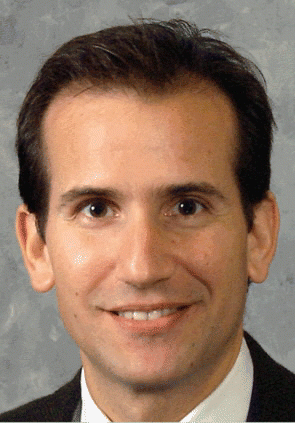
Practical Guidelines on Use of Laryngeal Videostroboscopy
As evidence accumulates on the benefits and added value of videostroboscopy in the diagnosis of voice problems, many otolaryngologists are turning their attention to whether or not they want to invest in this technology-in terms of both the cost in buying the equipment and the time and skill needed to analyze correctly the many types of lesions one can see using this tool.
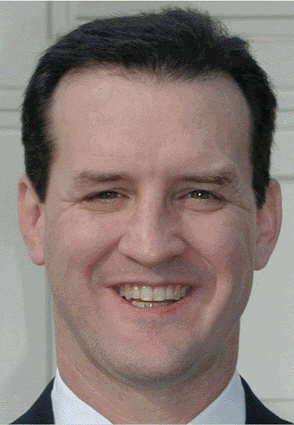
PQRI: ‘We’re from the Government, and We’re Here to Help’
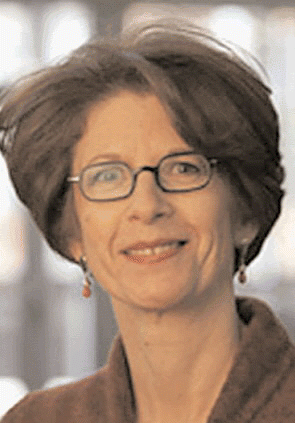
The Path to Leadership: Advancing Careers in Otolaryngology-Head and Neck Surgery
Organizational medicine relies on the skills and talents of many people who work hard to contribute their best to the advancement of medical care and, most important, to improving the health and well-being of their patients.
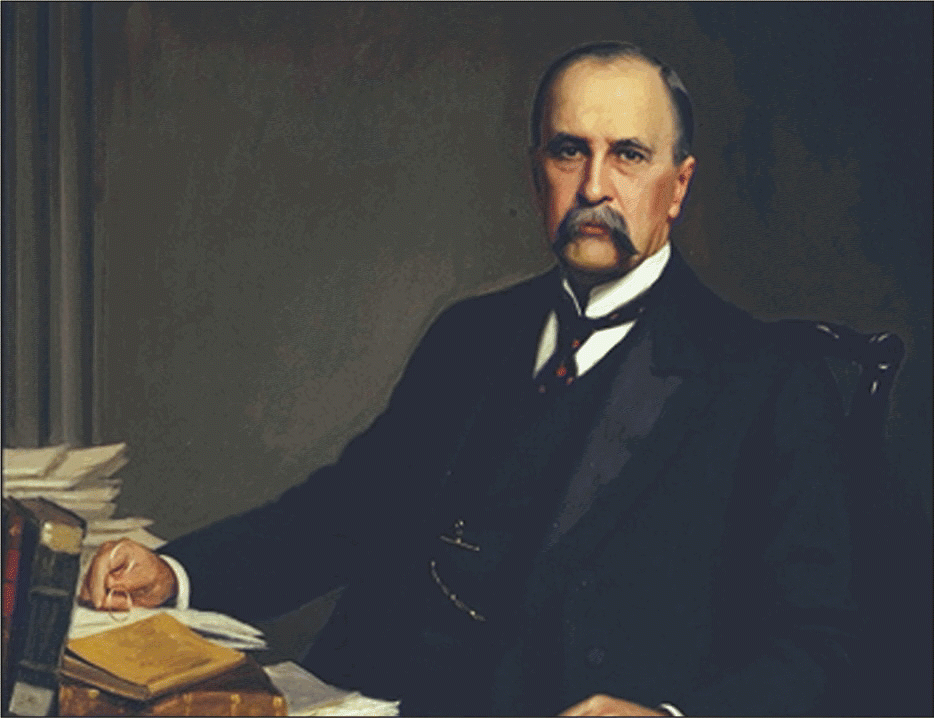
Research Advocate: Through the Looking Glass to the Future

Autism Spectrum Disorders: What Can Otolaryngologists Do?
- « Previous Page
- 1
- …
- 292
- 293
- 294
- 295
- 296
- …
- 328
- Next Page »